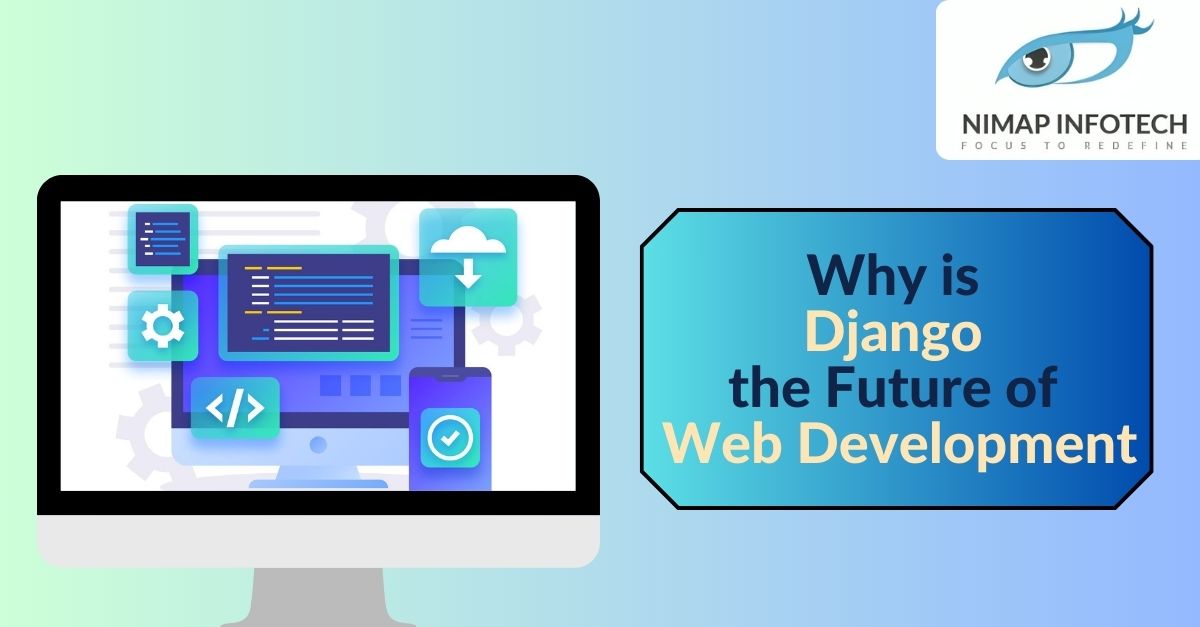88YTY News Hub
Stay updated with the latest trends and news.
Django: Where Magic Meets the Code
Unlock the secrets of Django! Discover how this powerful framework turns coding into magic and elevates your web development game.
Exploring the Illustrious Features of Django Framework
The Django Framework is renowned for its robust features that simplify the web development process. One of its most prominent characteristics is the admin interface, which provides an automatically generated administrative interface for managing your application data effortlessly. With Django's ORM (Object-Relational Mapping), developers can interact with their database using Python code instead of SQL, enhancing productivity and reducing the risk of errors. Additionally, Django promotes the DRY (Don't Repeat Yourself) principle, encouraging cleaner and more maintainable code by allowing the reuse of code snippets, templates, and views.
Another stellar feature of the Django Framework is its emphasis on security. Django includes built-in protection against common web attacks such as Cross-Site Scripting (XSS), Cross-Site Request Forgery (CSRF), and SQL injection, making it a secure choice for developing web applications. Furthermore, Django's scalability allows developers to handle increasing traffic as their applications grow. By utilizing features like database migrations and caching, developers can efficiently manage database changes and optimize performance, ensuring that their application remains responsive and user-friendly even under high loads.

5 Common Django Mistakes and How to Avoid Them
Django is a powerful web framework that streamlines the development process, but even experienced developers can stumble upon some common pitfalls. Here are five frequent Django mistakes and how to sidestep them effectively.
- Ignoring security best practices: Always keep security in mind by using built-in protections like
django.contrib.authfor user authentication and avoiding the use of outdated libraries. - Improper use of the ORM: Misusing the Django ORM can lead to performance issues. Be mindful of query optimization and use methods like
select_relatedandprefetch_relatedto reduce database hits.
Continuing with more common Django mistakes, we find:
- Hardcoding settings: Hardcoding sensitive information, such as API keys and database credentials, can lead to security vulnerabilities. Instead, use environment variables or
django-environto manage your settings safely. - Neglecting to utilize Django’s features: Failing to leverage Django's robust features, such as the admin site or middleware framework, can increase development time and lead to inefficient code.
- Not writing tests: Skipping tests may seem tempting, but lack of testing can cause unforeseen bugs in the future. Invest time in writing unit and integration tests to ensure that your application runs smoothly.
How Does Django Streamline Web Development in 2023?
In 2023, Django continues to revolutionize web development by providing a robust framework that emphasizes rapid development and clean, pragmatic design. One of its standout features is the admin interface, which allows developers to manage application data with ease. This built-in interface not only saves time but also minimizes the need for redundant coding, enabling developers to focus on creating innovative functionalities. Django's adherence to the Don't Repeat Yourself (DRY) principle ensures that the framework encourages code reuse, further streamlining the development process.
Django's vibrant ecosystem also plays a crucial role in simplifying web development. With a plethora of reusable packages and libraries, developers can easily integrate complex features such as authentication, API creation, and data handling without starting from scratch. Additionally, the framework's compatibility with modern technologies like RESTful APIs and GraphQL allows for seamless integration with frontend frameworks. As such, Django remains a top choice for developers looking to build scalable and maintainable applications in 2023, ensuring that web development is not just efficient but also exhilarating.